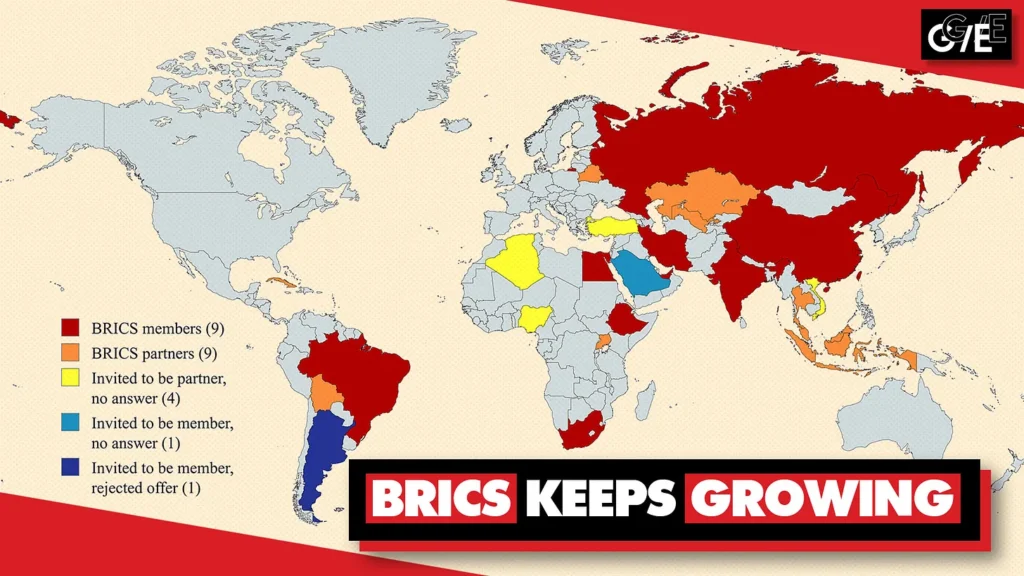LONDON — A campaign to promote digital IDs has taken center stage in the UK. It has reignited debates over privacy, security, and civil liberties. The renewed push, backed by government and private groups, comes amid rising fears about surveillance and data misuse.
Recent articles, reports, and statements have noted the benefits of digital ID systems. They include streamlined public services, enhanced security, and better economic opportunities.
Advocates say digital IDs are vital. They will modernise the UK’s infrastructure and keep pace with technology.
The latest push comes with the government’s new policy on digital ID verification. The framework, which prioritizes efficiency and convenience, was unveiled in December 2024.
Implementation is set to begin in mid-2025. Businesses and tech firms have quickly joined the chorus. They cite the benefits of digital IDs in sectors from banking to healthcare.
However, critics are sceptical. They see the campaign as a ploy to normalise a controversial system.
Civil rights groups, privacy advocates, and opposition politicians warn that digital IDs could harm individual freedoms. “The government is framing this as a matter of progress and convenience, but the risks to personal privacy and data security are immense,” said Sarah Mayhew, a spokesperson for the advocacy group Liberty.
The push for digital IDs in the UK is not entirely new. Similar initiatives have surfaced in the past, often met with public resistance.
The latest campaign, however, is markedly different in its tone and strategy, employing a blend of positive messaging and partnerships with influential organisations.
Supporters of digital IDs say they can fight fraud, improve access to public services, and reduce inefficiencies. “A secure digital identity is not just a tool; it’s a necessity in an increasingly interconnected world,” said Oliver Grant, an analyst at a leading London think tank.
But for many, the timing of the campaign raises eyebrows. With low public trust in the government and economic woes, a controversial system’s rollout risks sparking widespread opposition. Critics also point to potential misuse, particularly in surveillance and data tracking. Recent studies indicate that digital IDs in other countries have sometimes been leveraged for purposes beyond their initial scope, fuelling fears of authoritarian overreach.
International observers are closely watching the UK. Digital ID systems are a hot-button issue worldwide.
Some nations have succeeded with such systems. Others faced backlash for privacy violations and a lack of transparency.
Public opinion in the UK remains divided. A YouGov survey in December 2024 found that 48% supported digital IDs. But, 39% had serious concerns about privacy and government overreach.
The UK government is trying to reassure citizens amid the debate. It stresses its commitment to data protection and ethical implementation.
“This is about empowering individuals, not controlling them,” said a spokesperson from the Department for Digital, Culture, Media and Sport. Yet, without concrete safeguards and clear limits, scepticism is likely to persist.
For now, the rollout of digital IDs in the UK seems inevitable. It is unclear if it will keep its promises. Or, if it will heighten fears about privacy and freedom. The battle over digital identity is not over. Its outcome could shape tech and civil liberties for years.



